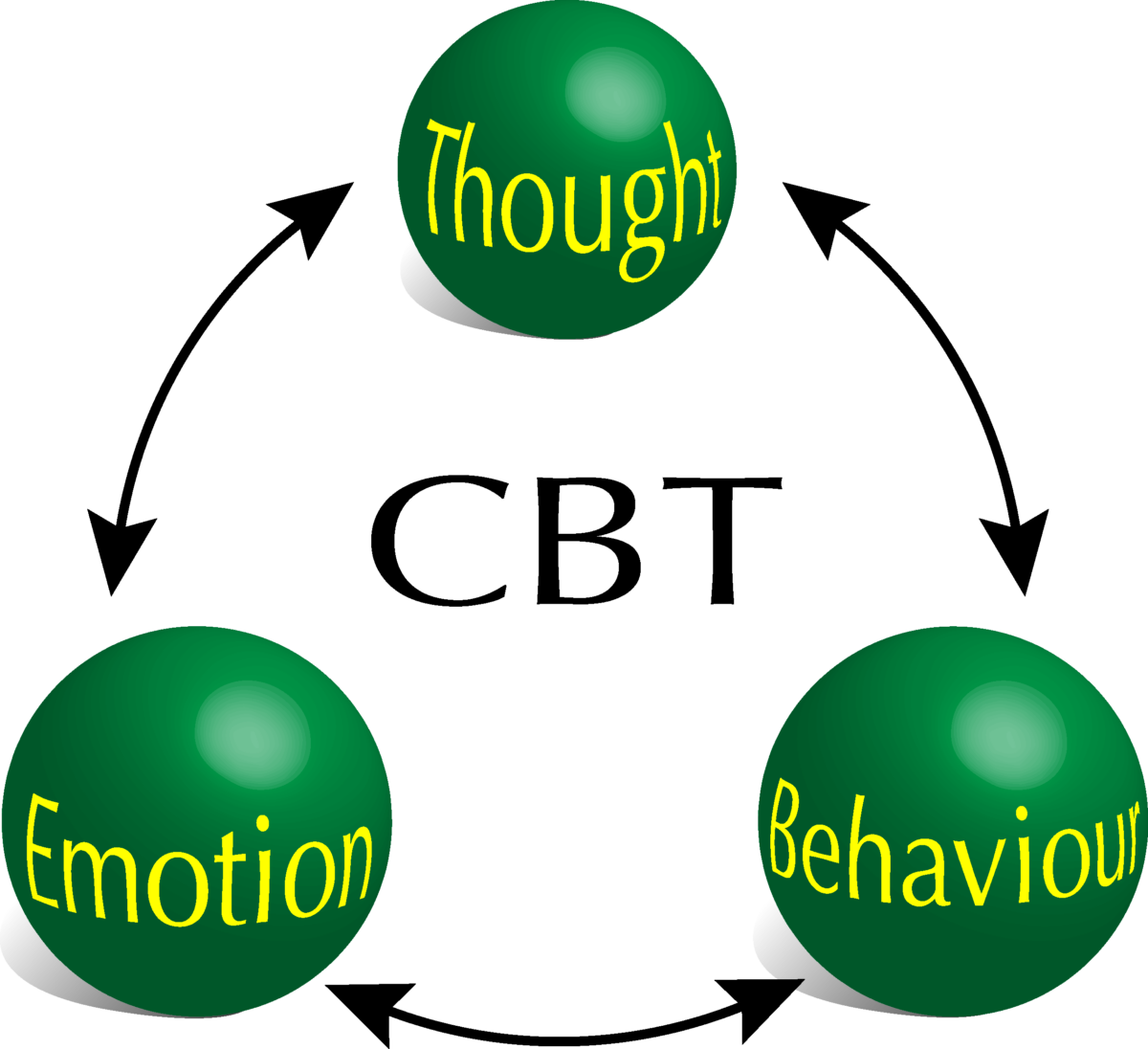Have you heard about Cognitive Behaviour Therapy (CBT) and would like to know more?

What is CBT?
CBT is an intervention that takes a practical, task based approach to solving problems. The focus of CBT is to address symptoms while they are present and to learn skills and techniques that can be used in the ongoing improvement of mental health. It is a psycho-educational approach that teaches clients to apply methods and techniques and effectively become their own therapists by understanding and managing their thinking (cognitive), feelings (emotions), and actions (behaviour).
The aim is to assess the negative thoughts a person is having about themselves, and their view of the world, and to replace them with more positive and constructive thoughts and behaviours. By addressing the thoughts and behaviours which contribute to the development and maintenance of problems, CBT seeks to offer a holistic approach to mental health care.
Why is CBT so popular?
One of the reasons CBT is so well-known and widely used is because it has been studied so extensively. It is known to be an evidence-based technique that aims to produce clear, measurable changes in thoughts and behaviours. CBT can be used for a variety of undiagnosed or diagnosed condition such as phobias, anxiety, depression, trauma, self-esteem issues, and ADHD, to relational problems like poor communication.
Is CBT for you?
Cognitive behaviour therapy is suitable for people looking for a short-term treatment option for certain types of emotional distress that does not necessarily involve pharmacological intervention. CBT is often best suited for clients who are more comfortable with a structured and focused approach in which the therapist often takes an instructional role. One of the greatest benefits of cognitive behaviour therapy is that it helps clients develop coping skills that can be useful both now and in the future. However, for CBT to be effective, the individual must be ready and willing to spend time and effort analyzing his or her thoughts and feelings. Such self-analysis and homework can be difficult, but it is a great way to learn more about how internal states impact outward behaviour.
If you are going through difficulties and need support, why not give us a call today? Our team of highly skilled and well-experienced Psychologists are here to help.
References
Beck, A. T. (1967). Depression: Causes and treatment. Philadelphia: University of Pennsylvania Press.
Tolin DF. Is cognitive-behavioral therapy more effective than other therapies? A meta-analytic review. Clin Psychol Rev 2010;30:710–20.

